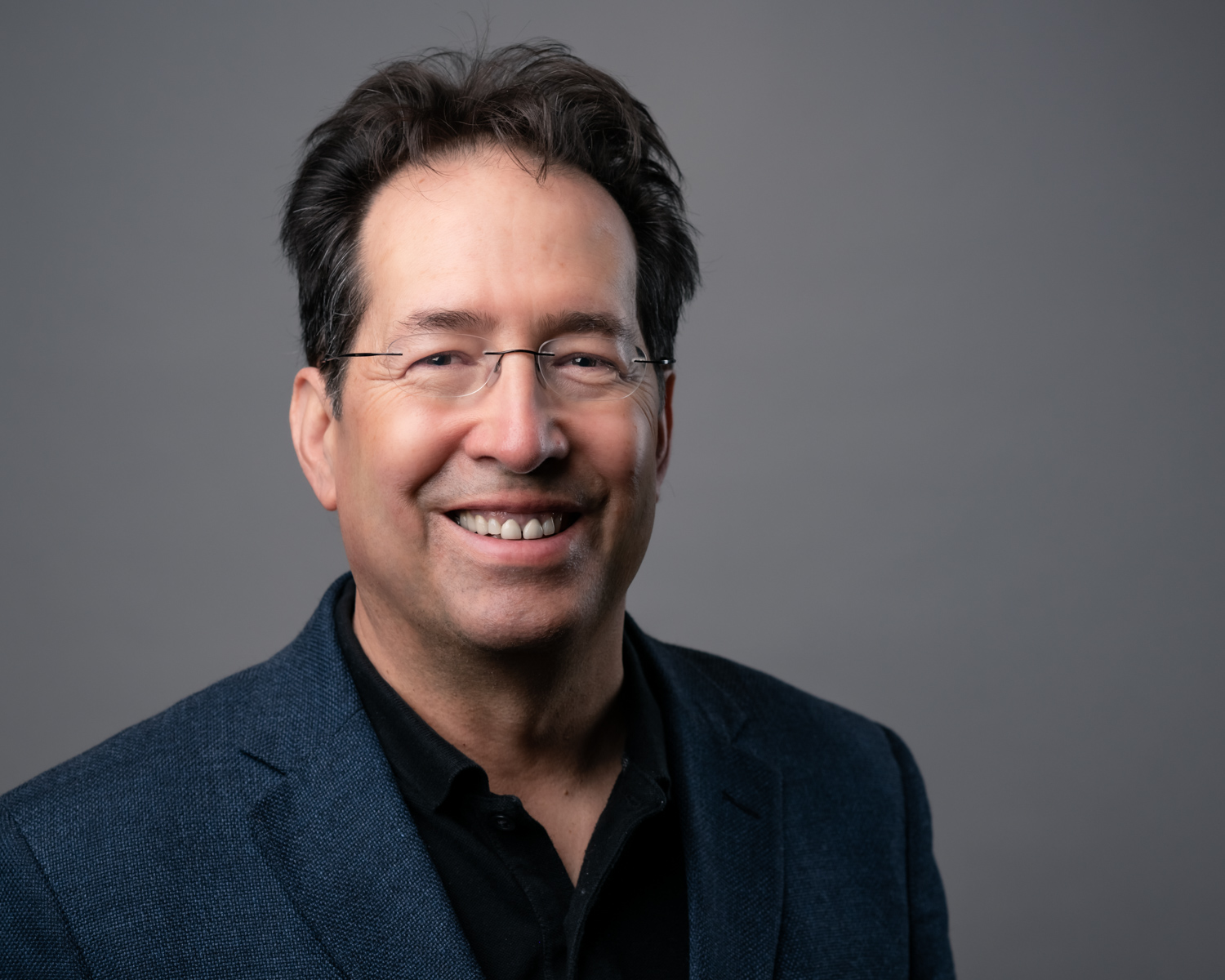
Dev Jennings, Coordinator of the Interpretive Data Science (IDeaS) Group, the Canadian Center for CSR Coordinator at the Alberta School of Business, and Co-PI in the Future Energy System (FES) Research Consortium
Friday, April 14, 2023
Abstract
Wearing masks and getting vaccinated are deemed necessary, if debated, health measures to combat covid. Given the likelihood of future covid waves and other pandemics, it seems important to understand how to reach greater public consensus about measure use while preserving personal boundaries. Part of the answer where consensus is concerned has been through media framing. But emotional intensification and mobilization, which underpin traditional framing theory, only work to a degree: they often fail to generate durable settlements and side-step the public/ private problem. Here we examine how framing by politically-oriented media actors using normative appeals bundled with a modicum of rational and emotive elements appear to shift perception of measures and the public/ private boundary. We detail the media discourse about the measures in two country issue fields - South Korea’s and Canada’s, nations with similar population sizes, development levels, governance and health systems, but differing levels of success at combating covid. Topic model frame mapping and qualitative analysis help us identify schooling and social gathering in South Korea, and schooling and the home front in Canada, as key frame anchor topics involving public/ private boundaries problems. In each field, contextually appropriate, but subtle and varied, sets of arguments are deployed to induce shifts, some via more structural processes, such as terracing and fencing, and others via temporal processes, such as cresting and refining. The net result is a reconfigured public/ private boundary in each country.
Biography
P. Devereaux (Dev) Jennings is one of the coordinators of the Interpretive Data Science (IDeaS) Group, the recent Canadian Center for CSR Coordinator at the Alberta School of Business, and a co-PI in the university's Future Energy System (FES) research consortium. He has published research on a wide variety of organization and entrepreneurship topics: M-form diffusion, hybrid startups in nanotech, video game positioning, and mapping AI entrepreneurial ecosystems, environmental regulation and adapting to the Anthropocene. Dev has extensive editorial experience, including work as associate editor at AMR, ASQ, and JBV. He received his Ph.D. and M.A. from Stanford University and his A.B. from Dartmouth College.